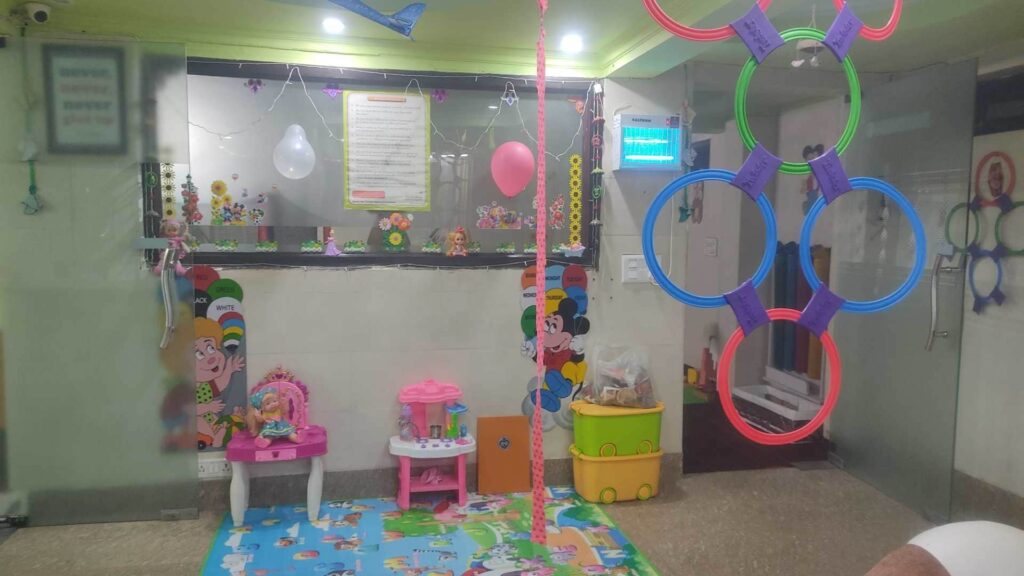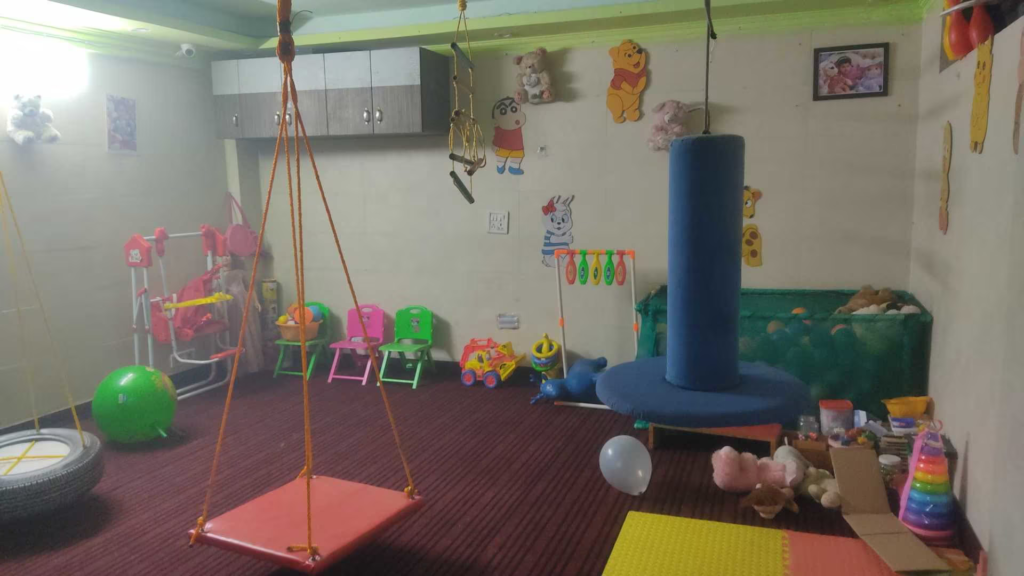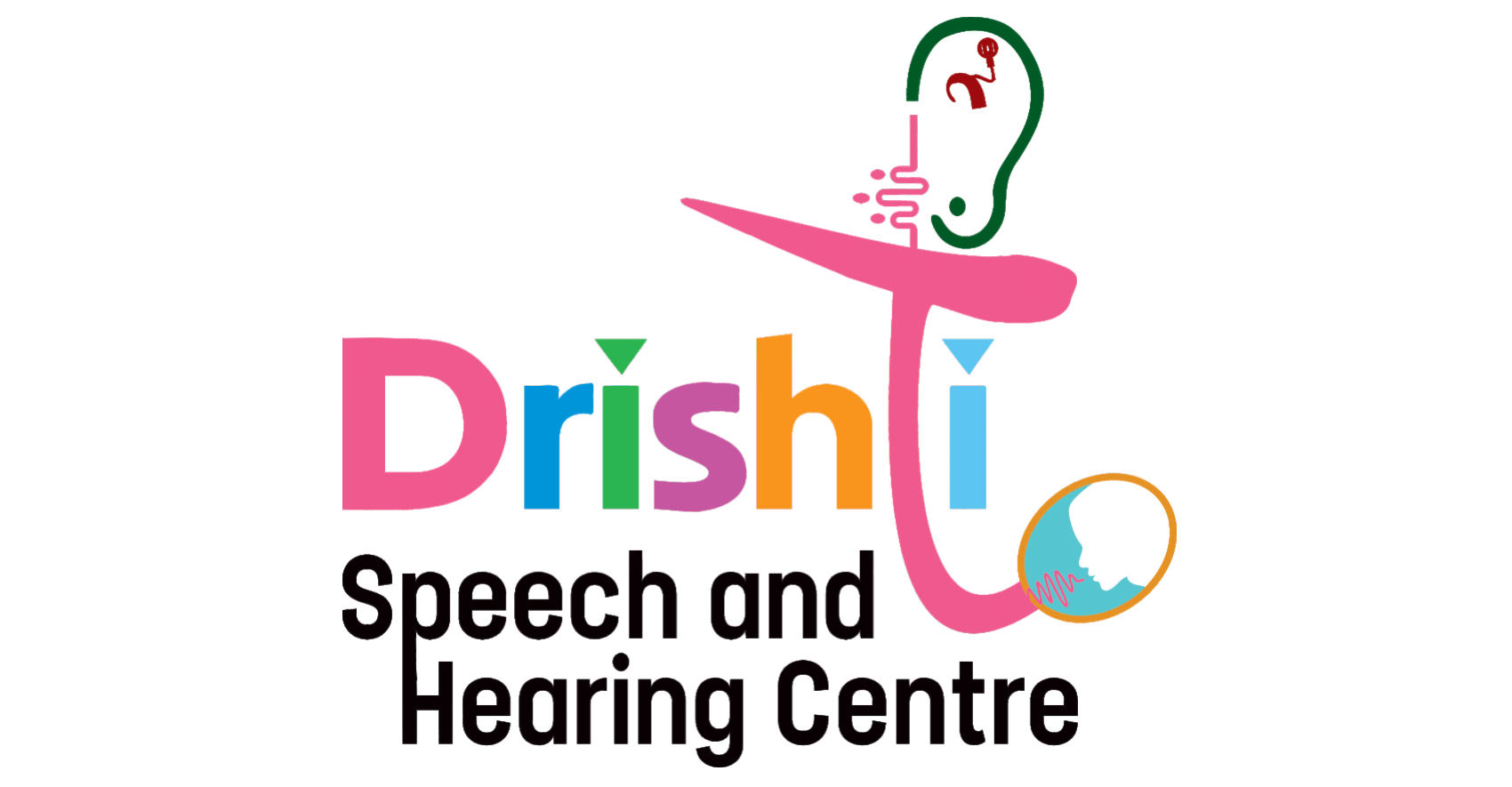Reading And Writing Skill
Reading skills that every reader should know: skimming, scanning, intensive reading, and speed reading. Skimming is a technique that allows you to quickly read through a text and pick out the main ideas.

Key Components of Reading And Writing Skill
Reading skills are built on five separate components: phonics, phonemic awareness, vocabulary, fluency, and comprehension. These components work together to create strong, rich, and reliable reading abilities, but they’re often taught separately or in uneven distribution.
1. Assessment and Diagnosis: Comprehensive evaluation of an individual’s communication abilities and swallowing function. This may involve standardized tests, observational assessments, and interviews with parents or caregivers.
2. Individualized Treatment Plans: Based on the assessment, SLPs develop personalized therapy plans tailored to the specific needs and goals of the individual.
3. Therapeutic Interventions: Implementing various techniques and exercises to improve communication and swallowing skills.
4. Family and Caregiver Involvement: Educating and involving families and caregivers to support and reinforce therapy goals at home.
5. Progress Monitoring: Regularly assessing the individual’s progress and adjusting the treatment plan as needed.
Benefits of Reading And Writing Skill
Being able to read and write is crucial to daily life, as these skills enable people to communicate in a variety of ways, including staying in touch with relatives, sharing thoughts and opinions, and building knowledge of different topics.
Improved Communication: Enhances the ability to express thoughts, ideas, and emotions effectively.
Better Social Interaction: Facilitates improved interactions with others and enhances social participation.
Enhanced Academic Performance: Supports language development, which is crucial for learning and academic success.
Increased Independence: Promotes the ability to perform daily activities independently, especially for those with swallowing disorders.
Higher Quality of Life: Reduces frustration and improves overall well-being by addressing communication and swallowing difficulties.



